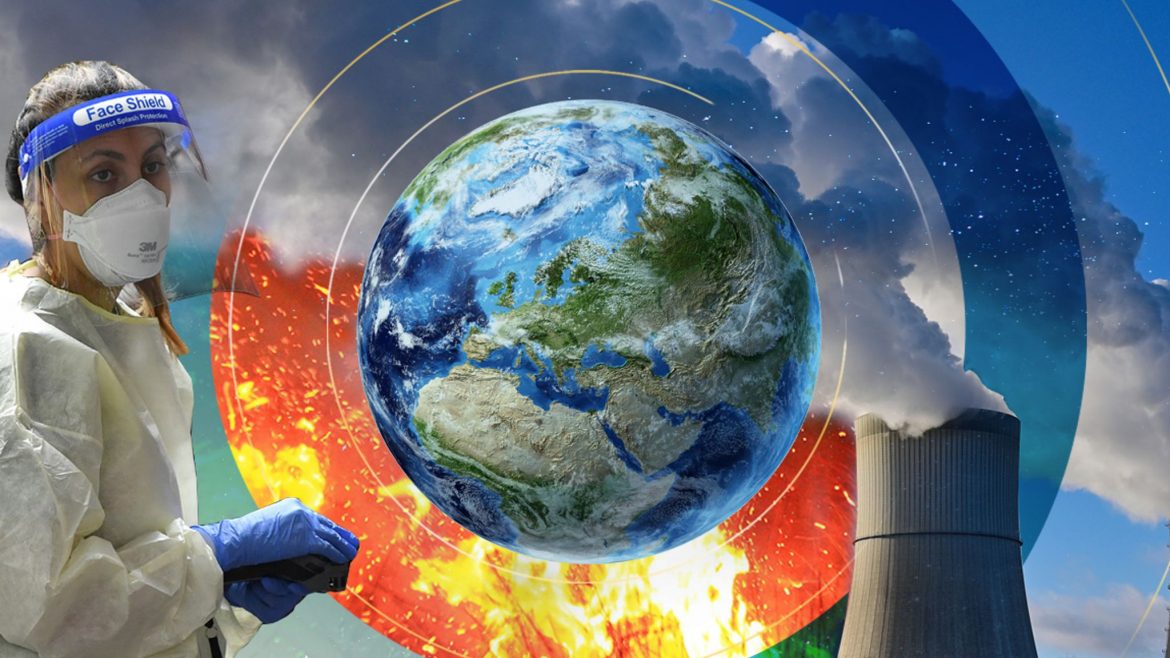An annual survey on global risks by the World Economic Forum has shown that global experts are now more worried about the failure to take decisive action on the climate crisis than they are about infectious diseases.
This is as the COP26 climate conference in Glasgow and major protest movements across the globe have put the issue in sharp focus.
According to the forum, three environmental risks– climate action failure, extreme weather, and biodiversity loss– were more worrying than anything else.
While the COVID-19 pandemic knocked worries about climate action off the top of the list in early 2020, climate change had been the biggest concern in 2016, just after the Paris Agreement talks.
Between 2017 and 2019, weapons of mass destruction were the biggest concern among polled experts as North Korea ramped up its nuclear programme.
Read also: UK firms pay 10% more than EU rivals for emissions– Report
These worries however dropped off the top 10 list entirely this year.
Chief risk officer at Zurich Insurance Group, Peter Giger said that “the climate crisis remains the biggest long-term threat facing humanity”.
He said that the failure to act on climate change could shrink global GDP by one-sixth and the commitments taken at COP26 are still not enough to achieve the 1.5C goal.
“It is not too late for governments and businesses to act on the risks they face and to drive an innovative, determined and inclusive transition that protects economies and people,” he said.
The survey was largely filled out by people in Europe, where 44% of the expert respondents came from.
While more than 84% were either worried about the outlook for the world, many feared that the pandemic had hit social cohesion and livelihood crises, as well as impacting climate action, mental health and extreme weather.
World Economic Forum managing director, Saadia Zahidi said that health and economic disruptions are compounding social cleavages.
“This is creating tensions at a time when collaboration within societies and among the international community will be fundamental to ensure a more even and rapid global recovery,” she said.
